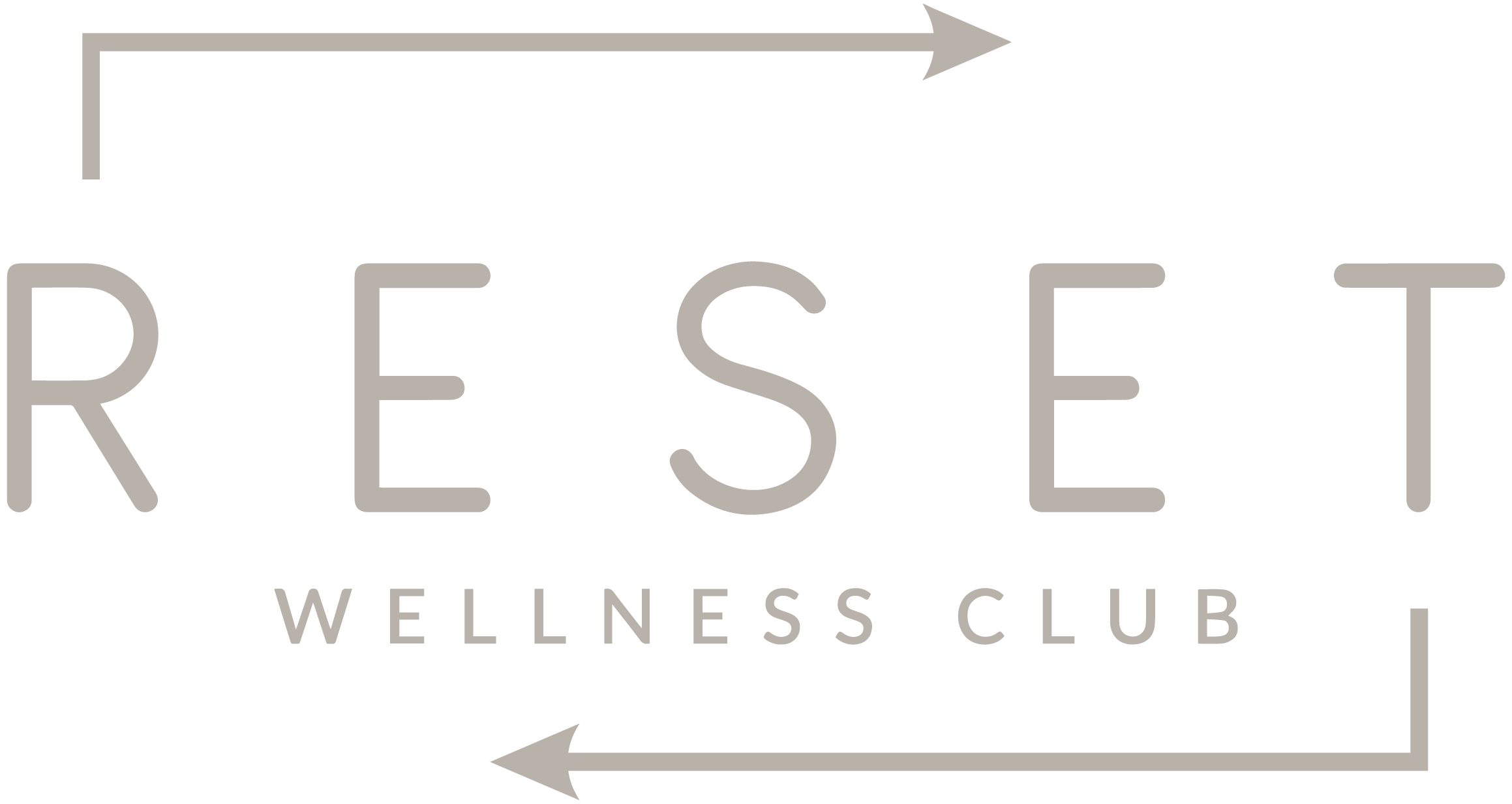Fascial stretch therapy is best described as assisted stretching techniques; it may sound simple but it is a highly complex recovery tool.
What is Fascia?
Fascia (pronounced as “fash-uh”) refers to the network of connective tissues that surround the organs, muscles, nerves, bones, and blood vessels. It runs head to toe and plays a vital role in your flexibility, mobility, and range of motion. As the therapist stretches your fascia, the tissues within your body lengthen, making you more mobile. FST, or Fascial Stretch Therapy, emerges as a remarkable modality benefiting athletes aiming to enhance performance, individuals recuperating from injuries and seeking pain relief, as well as anyone striving to bolster their overall mobility and physical well-being.
What are the Benefits?
People who engage in regular treatment of Fascial Stretch Therapy will most likely see an improvement in sleep, posture, pain, mobility and flexibility. It can improve circulation which leads to increased blood flow and oxygenation to the muscles and connective tissues. FST has demonstrated efficacy in addressing chronic pain conditions by targeting tightness and restrictions within the fascial system. By releasing tension and promoting proper alignment, FST offers relief from discomfort and facilitates a greater sense of ease in daily movements. Moreover, it’s impact extends to enhancing flexibility, essential for preventing
injuries and optimizing athletic performance. Through its gentle yet effective stretching techniques, FST systematically elongates and strengthens muscles, fostering greater range of motion and resilience against strains and sprains.
The Science:
One study completed in 2018 found that those who engaged in Fascial Stretch Therapy reported greater range of motion, better quality movement and “less fatigue, more control”. The results measured an increase in lower body strength, power, and range of motion. Lastly, they found that proprioception, balance, and upper body range of motion was improved post FST session. Another study found that both single and multiple successive 30-minute FST treatments reduced pain and improved ADL (activities of daily living) scores. The ADL test measures a person’s ability to perform daily living tasks on their own.
In Review:
In conclusion, our review underscores the remarkable effectiveness of Fascial Stretch Therapy (FST) for individuals seeking tangible results. Whether you’re grappling with persistent pain, striving for accelerated injury recovery, or simply aiming to enhance your mobility and range of motion, FST emerges as a potent solution. Its tailored approach to targeting the body’s fascial system yields not only relief but also sustainable improvements in overall function. For athletes, in particular, FST stands out as a game-changer. By addressing the intricate network of connective tissues, it not only aids in injury prevention but also unlocks untapped potential, enabling athletes to push their limits and achieve peak performance. The holistic nature of FST not only addresses current issues but also proactively fortifies the body against future challenges, making it an invaluable tool in any athlete’s arsenal.

Now available at Reset Wellness Club with our Registered Level- 3 Fascial Stretch Therapist.
